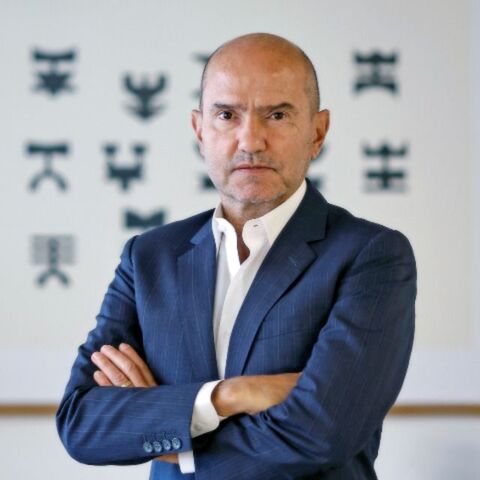
Fiscal reforms are making strides but Congress is moving in the opposite direction, as partner Bolívar Moura Rocha discussed in his article on the Financial Times. Read it here:
Last month, Italy’s parliament voted to shrink by more than a third the number of members to be elected to each of its houses at the next election, due in 2023. This rare initiative reflects a longing shared by voters in democracies around the world: to cut public spending on the state and redeem the true meaning of civil service.
Brazil has for five years been dealing with Operation Car Wash, the country’s largest ever investigation into political corruption. Not surprisingly, it has caused voters to call for change and renewal in politics. Yet, Brazil’s parliament has recently delivered quite the opposite.
A new electoral law, in force since late September, perpetuates privileges to create the dream scenario of any incumbent politician. Financing is plentiful and guaranteed, with no effort required, as it comes from taxpayers’ money. Controls over spending are lax and party bosses get to decide the allocation of funds among their candidates. Parties may use public money to hire lawyers and accounting services, even to purchase real estate.
Eleven months into the new legislature, Brazil’s Congress has been playing a leading role in long-overdue changes, such as pension reform. This is welcome, given the new administration’s limited experience (and ability) in fostering its agenda in parliament. When it comes to setting an example, however, Congress has been oblivious to change.
At approximately $2.2bn, its annual budget is second only to that of the US Congress. Each of the 513 lower house representatives is entitled to 25 legislative assistants; for the 81 senators, there is no cap on the number of taxpayer-funded aides.
Little wonder, then, that incumbents are eager to safeguard their positions. This is especially evident in the rules on campaign finance. Corporate financing was allowed in 1993 after the resignation (to avoid impeachment) of President Fernando Collor over a campaign-related corruption scandal. Making such donations legal, parliament decided, was the best way to prevent politicians from using rigged government contracts to generate cash for their campaigns.
In 2015, such private financing was banned as a result of a lawsuit (ADI 4650) filed by the National Bar Association before the Supreme Court. Corporate financing of campaigns, said the filing, interfered with the workings of democracy and violated the constitutional principles of equality and morality.
The ban should have applied to the presidential elections of 2014 but, as a result of typical judicial delays, it did not, with momentous consequences. The campaign that year was again fuelled by massive corporate financing; one group alone donated the equivalent of $130m.
Soon after the 2014 election, Operation Car Wash went into action. Prosecutors and the federal police unveiled massive bribes in contracts involving the administration, government agencies and state-owned companies – most notably, Petrobras, the state-controlled but publicly listed oil group. For the first time in Brazil’s history, prominent business leaders and politicians were sent to prison. Not surprisingly, many of the biggest campaign financers were implicated. Judgement of ADI 4650 was resumed and concluded in September 2015.
With one source of funding now closed off, another opened up. In 2017, with the following year’s presidential and congressional elections looming large, parliament created a Special Campaign Financing Fund, or Electoral Fund, financed out of the federal budget. The allocation of funds among political parties follows a design that openly favours incumbents: 35 per cent is allocated according to the number of votes received in the latest elections; 48 per cent according to the number of representatives in the lower house; and 15 per cent according to the number of senators. Party bosses decide how to allocate the resources among members.
In last year's election, the Electoral Fund amounted to about $400m. This year, legislators made a bid to double that amount in advance of municipal elections next October. A public outcry put those efforts on ice — but recent indications are that our representatives are preparing to try again.
Recent amendments to electoral law also break ground in the sensitive area of targeted adverts and mass messages on social media. With artificial intelligence increasingly decisive in elections everywhere, candidates in Brazil now have statutory permission to use public funds to boost their social media presence and pay for political advertisements in search results.
So far, such campaigns have been hugely successful. The self-serving inclinations of the Brazilian Congress have found their ideal support in state of the art electoral strategy.
Bolívar Moura Rocha is head of the government relations practice at law firm Levy & Salomão Advogados. He was previously deputy minister of development, trade and industry and chairman of the board of Brazil’s national development bank, the BNDES.



































